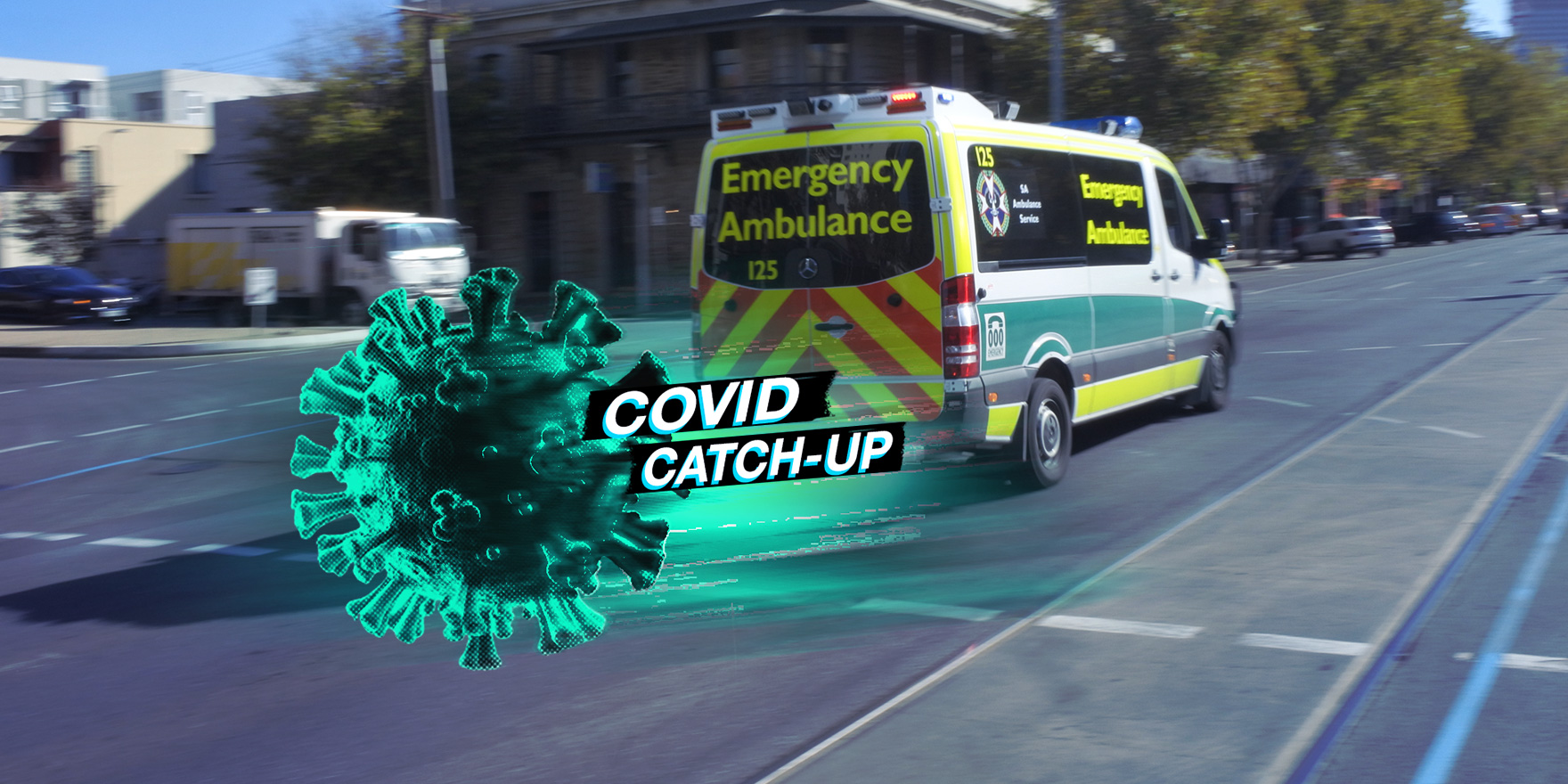And the federal government's covid hotline is staffed by casual workers with two hours of training.
Welcome to The Medical Republic’s Covid Catch-Up.
It’s the latest covid-19 news in one convenient post. Email bianca@biancanogrady.com with tips, comments or suggestions.
7 February
- Clotting risk elevated even in moderate covid treated with standard thromboprophylaxis.
- Australian government’s covid hotline staffed by casual workers with no health training.
- New antivirals arriving in Australia but use is limited to high-risk groups.
- RCPA says rapid antigen tests a useful adjunct, but warns about false negative rate in asymptomatic cases.
The risk of clotting is increased even in patients with moderate covid who are treated with standard doses of low molecular weight heparin, research suggests.
A study published in the Journal of Thrombosis and Haemostasis involved 14 patients admitted to hospital with covid, and 11 covid-negative controls hospitalised for something else, all of whom were given thromboprophylaxis in the form of 40 mg of enoxaparin.
It showed that the patients with covid had significantly greater plasma thrombin generation than controls, as well as significantly higher levels of tissue plasminogen activator – a marker of endothelial damage.
“Our observations may also be of interest in view of findings from recent randomised clinical trials which suggest that patients with nonsevere COVID-19 may derive a survival benefit from escalated heparin dosing during hospitalisation, a benefit which appears to be independent of a reduction in thrombosis risk,” the authors wrote.
The Australian government’s covid hotline is staffed by casual workers with no medical training and run by the same company behind the Robodebt disaster, according to a bombshell report in The Saturday Paper.
The magazine has revealed that the National Coronavirus Helpline, to which covid-positive individuals are being directed for advice and triage, is run by the Probe Group and subsidiaries who are providing their staff with only two hours of training to answer the calls.
Rapid antigen tests play an important role in supporting RT-PCR testing for covid, but the false negative rate in asymptomatic individuals can be as high as 40%, the Royal College of Pathologists of Australasia has warned.
The RCPA has issued a position statement on use of rapid antigen tests in which they also call for an online registration system for both positive and negative rapid antigen test results.
“One major risk of self-testing (home use) is the potential loss of epidemiological information about the number of covid-19 tests performed and the results,” the RCPA statement said.
The college noted that PCR testing in Australia was overwhelmed during the Omicron surge and the demands of testing for national and international travel. In such circumstances, rapid antigen tests provided an adjunct diagnostic option, but “ideally all symptomatic, and high-risk patients, even in a surge situation, would be investigated by PCR testing.”
They also suggested that positive rapid antigen test results should be confirmed by PCR in certain settings including in patients who would be eligible for antiviral or monoclonal antibody therapies, in pregnancy, in settings where a positive case might trigger outbreak protocols such as in aged care homes or prisons, for healthcare workers, and in those admitted to hospital.


